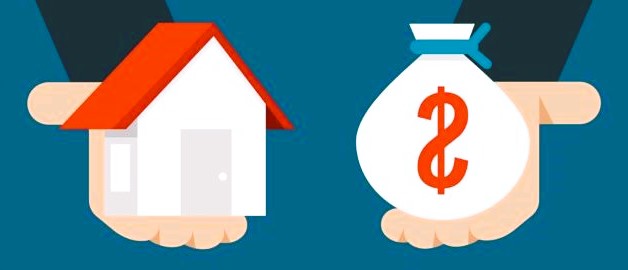In the pursuit of attracting prospective buyers, as a seller, you hold two essential objectives:
- To secure the highest possible selling price.
- To achieve a quick and successful sale.
However, it is crucial to maintain a sense of realism throughout the process. The pricing of your home is a key factor that most home buyers consider when deciding which properties to explore further. Although you, as the seller, set the price, the true value of your home is determined by the buyer. It is crucial not to let enthusiasm cloud your judgment and lead to overpricing, a mistake that could prove costly.
To aid you in selling your home, consider these factors, as recommended by experienced residential specialists. While this information is valuable, it does not replace the expertise offered by a Certified Residential Specialist (CRS).
Factors Affecting Your Asking Price:
- Urgency: Assess how quickly you need to sell.
- Competition: Evaluate the number of homes available in your price range and area.
- Available Financing: Consider any assumable loans below current rates and the prevailing home loan interest rates in your area.
- Competitive Market Analysis: Familiarize yourself with recent sale prices of similar homes in the area, over the past six months.
- Expenses: Account for your selling costs.

Factors That Don’t Affect Your Asking Price:
- Original Cost: The market today determines your price, not the original purchase price.
- Investment in Improvements: Potential buyers will form their own evaluation, considering factors like wallpaper and carpet, and may include the costs to remove or replace them in their offer.
- The Cost to Build Your Home Today: The replacement value is solely determined for insurance purposes.
- Personal Attachment: Buyers’ emotions, not yours, guide their purchasing decisions.
- Neighbor’s Claims: Avoid basing your price on what neighbors say is the fair market value, as their homes may differ significantly. The terms agreed upon between buyer and seller also significantly impact the sale price. The Art of Making Effective Property Listings, read more here.
Consequences of Overpricing:
- Promoting Competing Properties: Overpricing your home makes correctly priced homes seem even more appealing to potential buyers.
- Extended Time on the Market: Failing to attract buyers in the initial weeks can prolong the selling process by around three months.
- Loss of Market Interest and Qualified Buyers: Buyers may lose interest, assuming something is amiss with your home due to its extended time on the market.
- Negative Impression: Prolonged listing raises questions, and buyers may speculate about potential issues with your property.
- Financial Loss: Additional mortgage payments, taxes, insurance, and unplanned maintenance costs can eat into your profits.
- Potential Appraisal Issues: If the appraiser believes the price is inflated, the buyer’s loan may not be approved.
Seek Guidance From a RE/MAX Sales Professional:
Given the multitude of factors influencing your home’s asking price, determining it on your own can be a challenging task. Therefore, many satisfied homeowners like you turn to a residential specialist for assistance. A residential specialist possesses the necessary tools to accurately compute your home’s fair market value swiftly while accounting for personal considerations, such as your desired timeline for selling. Furthermore, your residential specialist can confidently address your queries about listing, pricing, and showcasing your home.
To learn more, visit their website at www.canada.ca/en/.


